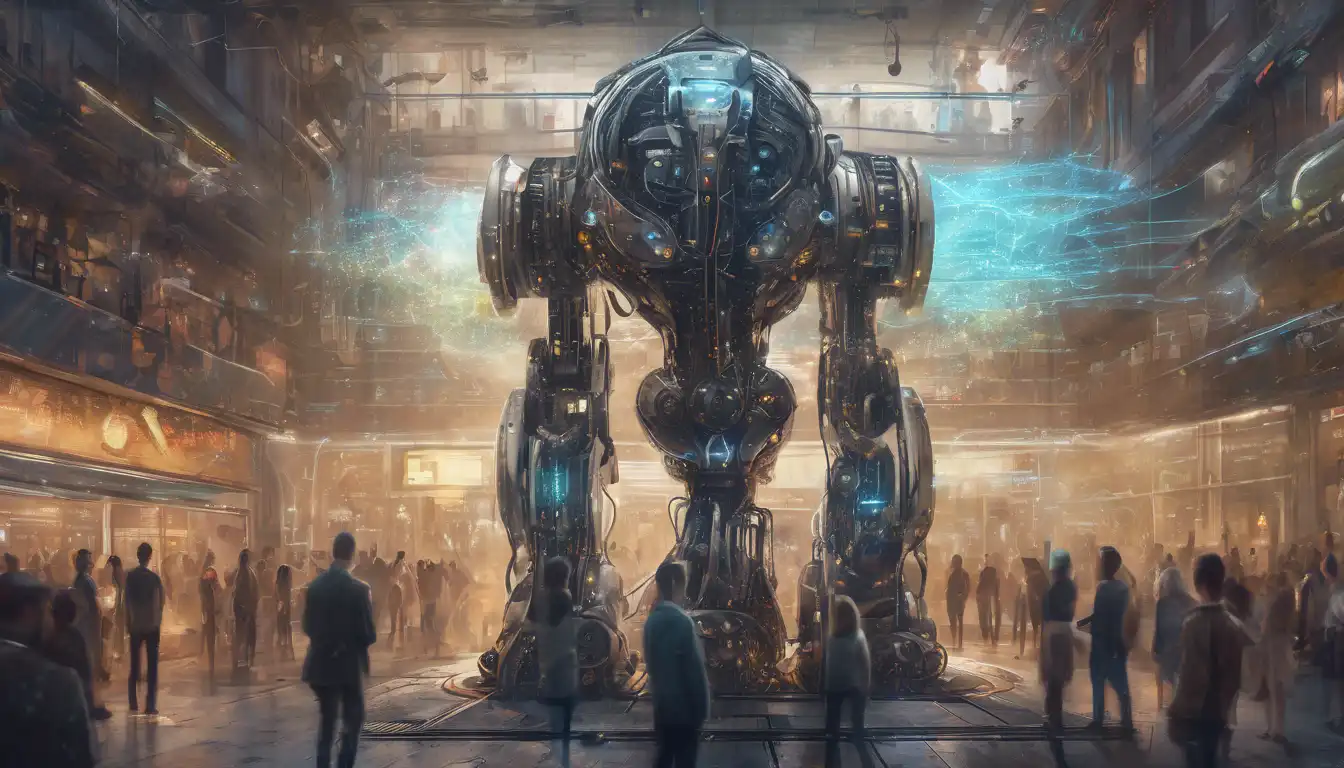Introduction to Machine Learning in Recommendations
Machine learning has revolutionized the way we interact with digital platforms, especially in the realm of personalized recommendations. From streaming services to e-commerce, machine learning algorithms are at the heart of suggesting what to watch, buy, or read next. This article delves into how machine learning powers these recommendation systems, making them more accurate and personalized than ever before.
Understanding Recommendation Systems
Recommendation systems are a subclass of information filtering systems that seek to predict the 'rating' or 'preference' a user would give to an item. These systems are pivotal in enhancing user experience by providing tailored suggestions. There are primarily two types of recommendation systems: content-based filtering and collaborative filtering. Machine learning enhances both by analyzing vast datasets to identify patterns and preferences.
How Machine Learning Powers Recommendations
Machine learning algorithms process and analyze large volumes of data to understand user behavior and preferences. Techniques such as neural networks, decision trees, and clustering are employed to sift through data, identifying similarities and differences among users and items. This enables the system to make highly accurate predictions about what a user might like, based on their past behavior and the behavior of similar users.
Neural Networks in Recommendations
Neural networks, particularly deep learning models, have taken recommendation systems to the next level. By processing data through layers of neurons, these models can capture complex patterns and relationships in the data, leading to more nuanced and accurate recommendations.
Collaborative Filtering Enhanced by ML
Collaborative filtering, a method that makes automatic predictions about the interests of a user by collecting preferences from many users, is significantly enhanced by machine learning. Algorithms can now handle the 'cold start' problem more effectively and provide recommendations even when data is sparse.
The Impact of Machine Learning on User Experience
The integration of machine learning into recommendation systems has dramatically improved user experience. Users now enjoy a highly personalized interface that seems to understand their preferences and tastes, leading to increased engagement and satisfaction. This personalization is key to retaining users in a competitive digital landscape.
Future Trends in Machine Learning and Recommendations
The future of recommendation systems lies in the advancement of machine learning techniques. With the advent of reinforcement learning and generative adversarial networks, recommendation systems are expected to become even more sophisticated, offering real-time, context-aware suggestions that could revolutionize how we discover content and products.
As machine learning continues to evolve, so too will the capabilities of recommendation systems. The potential for these technologies to transform industries is immense, promising a future where digital experiences are more personalized, engaging, and intuitive than ever before.
